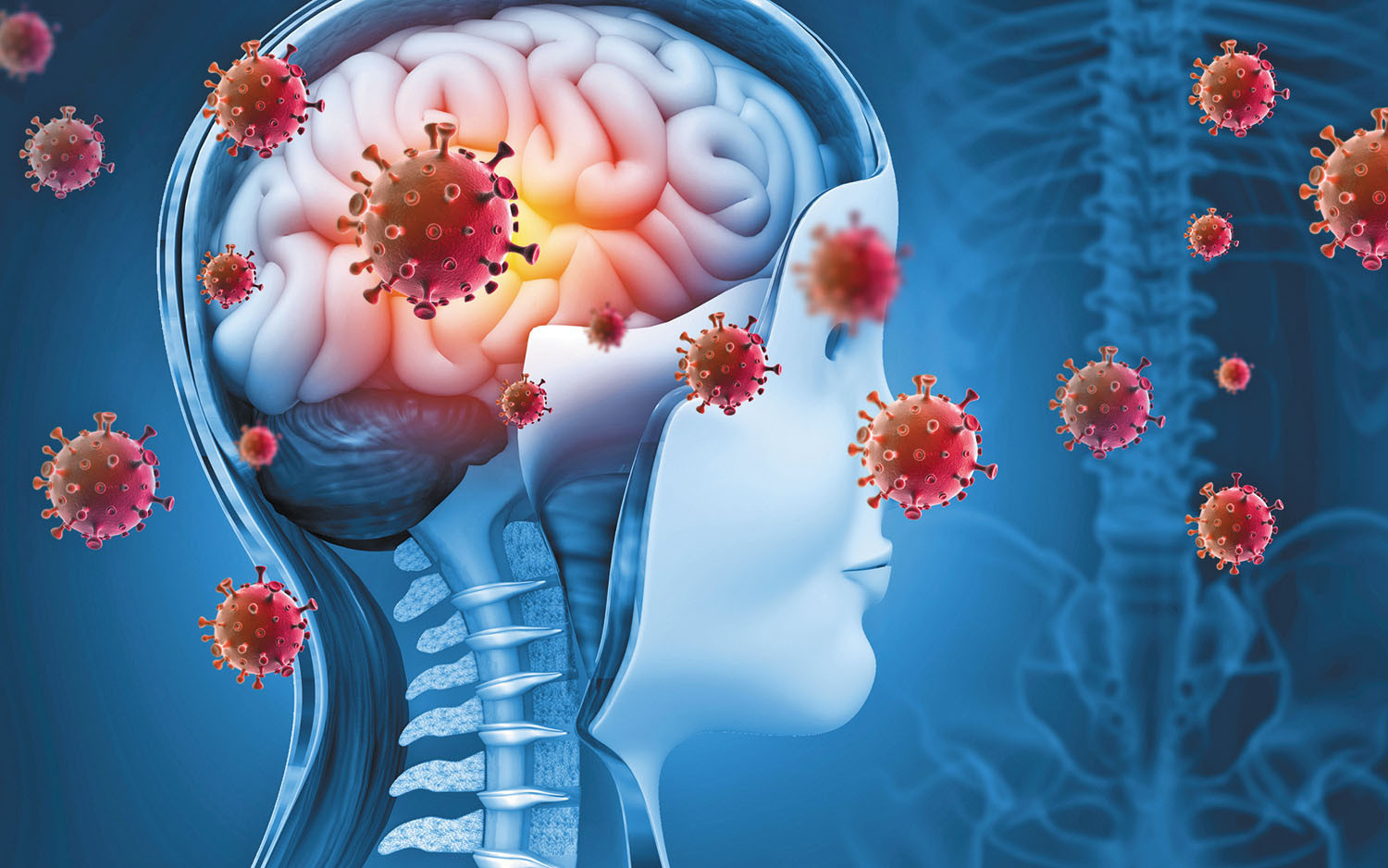Brain and Cognitive Health Archive
Articles
Will a multivitamin help my brain?
Increasing evidence suggests that people who take a daily multivitamin pill have a lower risk of cognitive decline compared with people who don't take multivitamins. In particular, two randomized controlled trials published in the spring of 2023 found that people older than age 60 who take a multivitamin are less likely to experience a slight age-related cognitive decline, at least over the next three years, compared to those taking a placebo. The benefit appeared to be particularly true for people who had cardiovascular disease.
Monitoring blood pressure at home? Make sure you follow these steps
Your doctor may ask you to track your blood pressure at home to help decide if you need to start taking medication or to track your response to treatment. Here's how to get accurate readings.
Orienteering: Great exercise and better thinking skills?
The navigation sport orienteering combines map and compass reading with exercise. It's a fun way to get outside and get some exercise — and it may even help fight cognitive decline.
Even a little socializing is linked to longevity
In a 2023 study of more than 28,000 older adults, those who reported socializing the most frequently lived the longest, compared with people who said they didn't socialize.
Some obesity-related brain changes similar to those with Alzheimer's
A 2023 study suggests that some brain changes in people with obesity appear similar to those that occur in people with Alzheimer's disease, the most common cause of dementia.
How to recognize and respond to a "warning" stroke
A transient ischemic attack (TIA) can cause a range of unsettling symptoms, including slurred speech or arm weakness. The symptoms appear suddenly but usually last less than five minutes, which is why TIAs are often ignored or missed. However, two of every five people with a suspected TIA who get an appropriate brain imaging test find out that they actually had a stroke. Recognizing the symptoms and seeing emergency care right away is vital. The mnemonic BE-FAST (which stands for balance, eyes, face, arms, speech, and time) was designed to help people identify the symptoms of a TIA or stroke and to act quickly.
Managing stress and eating leafy vegetables may protect the brain
Two studies found that managing stress and eating a plant-based diet with at least seven servings of leafy green vegetables per week can help improve cognitive function and protect against Alzheimer's disease, respectively.
Can varied social interactions boost well-being?
A 2022 study suggested that having diverse social interactions is linked to improved happiness and well-being. In other words, it appears to be helpful to interact with family, friends, acquaintances, and even strangers; the more varied the interactions are, the better.
Eating ultra-processed foods tied to cognitive decline
A 2022 study of 11,000 dementia-free people found that middle-aged participants who ate the most junk food had a faster rate (up to 28%) of cognitive decline, compared with those who ate the least junk food.
Does COVID-19 damage the brain?
COVID-19 can damage the brain in many ways. Initially, it can cause brain inflammation that causes confusion, difficulty concentrating, and memory problems. COVID also can cause new psychological disorders such as depression or anxiety. It can even cause people to see and hear things that aren't there and to believe things that aren't true. COVID often damages the brain's autonomic nervous system, leading to abnormalities in heart rate and blood pressure. Additionally, the virus that causes COVID can infect and injure the lining of blood vessels and make blood clot more easily, which can lead to strokes and heart attacks.

Respiratory health harms often follow flooding: Taking these steps can help

Tips to leverage neuroplasticity to maintain cognitive fitness as you age

Can white noise really help you sleep better?

Celiac disease: Exploring four myths

What is prostatitis and how is it treated?

What is Cushing syndrome?

Exercises to relieve joint pain

Think your child has ADHD? What your pediatrician can do

Foam roller: Could you benefit from this massage tool?

Stepping up activity if winter slowed you down
Free Healthbeat Signup
Get the latest in health news delivered to your inbox!
Sign Up











